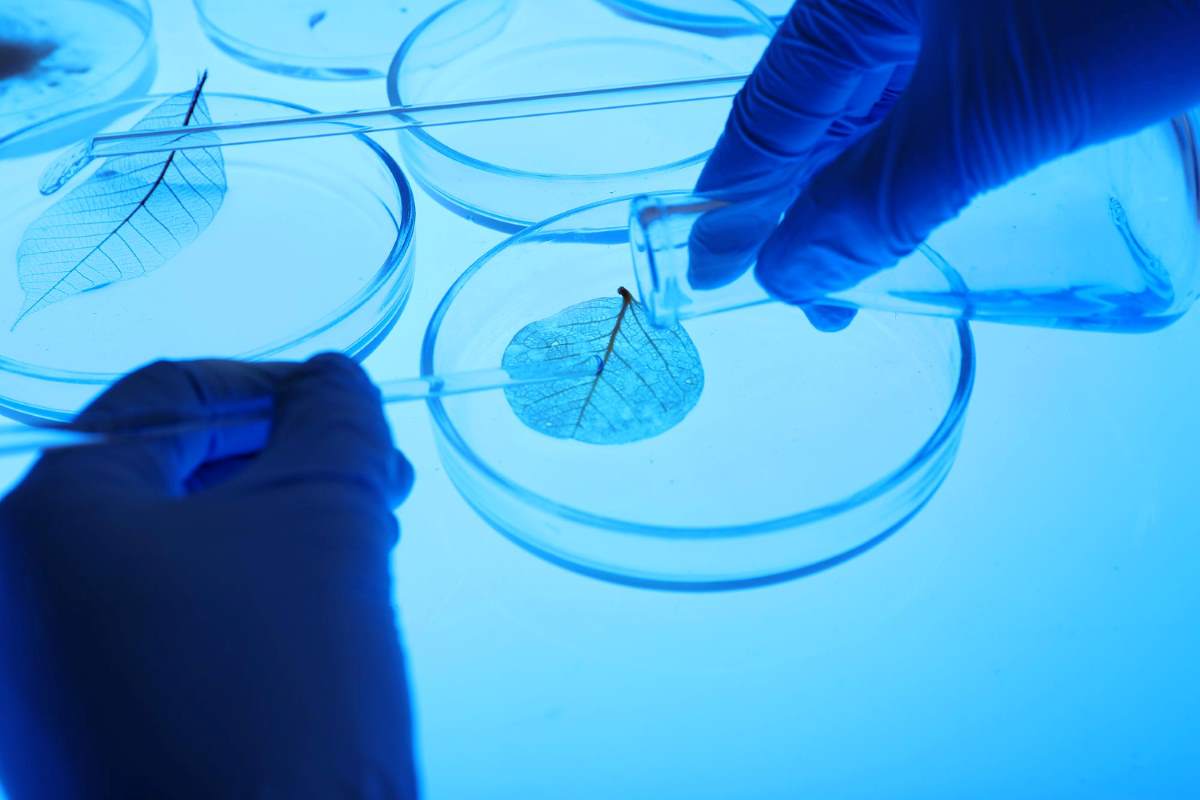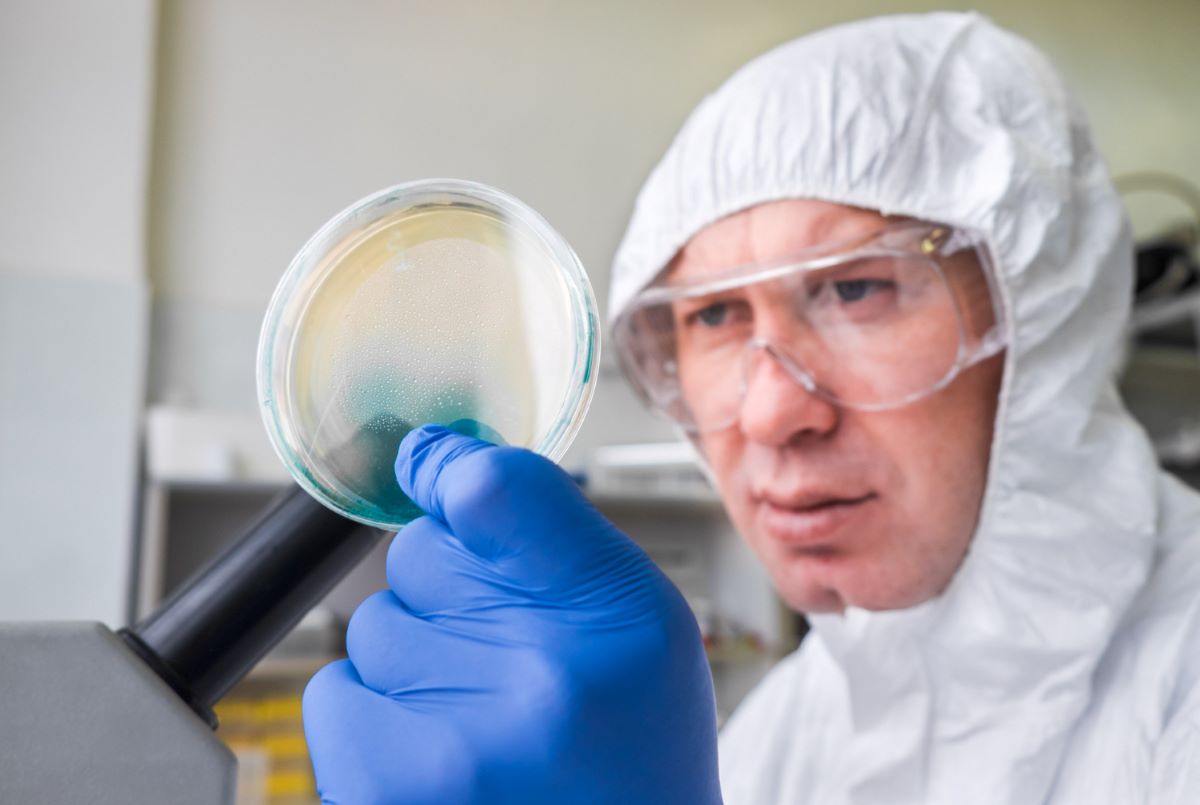The Importance of High-Quality DEF Production
DEF production is essential for reducing harmful emissions from diesel engines, as it ensures the effective operation of Selective Catalytic Reduction (SCR) systems. Diesel Exhaust Fluid (DEF) reduces nitrogen oxide (NOx) emissions, converting them into harmless nitrogen and water vapor. This process is vital for meeting stringent environmental regulations and improving air quality globally.
High-quality DEF production guarantees consistency in fluid formulation, preventing damage to SCR systems and ensuring the optimal performance of diesel vehicles. Substandard DEF can lead to clogged systems, higher maintenance costs, and increased emissions, underscoring the importance of maintaining strict production standards.
Ensuring Compliance with Environmental Regulations
Environmental regulations worldwide mandate the reduction of NOx emissions from diesel engines, and high-quality DEF production is critical to achieving this compliance. By adhering to ISO 22241 standards, manufacturers ensure that DEF maintains its chemical stability and purity, minimizing risks to SCR systems and engines.
Non-compliance with these regulations can result in hefty fines, operational restrictions, and reputational damage for fleet operators and manufacturers. Consistent DEF production not only safeguards environmental goals but also supports the long-term viability of businesses operating diesel-powered vehicles.
The Role of UAN32 Production in DEF Manufacturing
UAN32 production (Urea Ammonium Nitrate) shares several technological similarities with DEF manufacturing, particularly in urea handling and water purification. Manufacturers often leverage shared processes to improve efficiency and reduce production costs. These synergies highlight the importance of advanced systems in ensuring high-quality outputs.
By integrating UAN32 production with DEF manufacturing facilities, companies can streamline operations and optimize resource use. This approach not only enhances operational efficiency but also contributes to the consistent quality required for reliable DEF performance.

The Need for Advanced Water Purification Systems
Water purity is a cornerstone of high-quality DEF production. Impurities in water can lead to deposits in SCR systems, causing blockages and reducing efficiency. Advanced purification technologies, such as reverse osmosis and deionization, are essential for maintaining the strict water quality standards required for DEF.
Manufacturers that invest in state-of-the-art water purification systems not only improve product quality but also enhance sustainability. By recycling and reusing water, these systems reduce waste and support environmentally friendly practices, aligning with global efforts to conserve resources.
The Impact of AdBlue Production on DEF Standards
AdBlue production sets the benchmark for DEF quality in Europe and other regions. By adhering to the DEF 32.5% standard, AdBlue ensures compatibility with SCR systems, enabling vehicles to reduce emissions effectively. This consistency is critical for global markets where diesel engines operate across diverse conditions.
Manufacturers focusing on high-quality AdBlue production use advanced quality control systems to maintain strict adherence to ISO standards. These measures not only protect SCR systems but also reinforce customer confidence in DEF products, making AdBlue a trusted solution in emission reduction.
Addressing Challenges in AUS Production
AUS production, also known as AUS32, faces similar challenges to DEF manufacturing, including the need for consistent quality and adherence to international standards. Standardization in AUS production simplifies logistics and ensures product compatibility with SCR systems worldwide.
By leveraging innovative technologies and advanced manufacturing processes, manufacturers can overcome these challenges and maintain the high-quality standards required for reliable performance. Investments in automation and real-time monitoring systems further support the scalability and efficiency of AUS production.

Protecting SCR Systems with High-Quality DEF
High-quality DEF production is critical for protecting SCR systems, which play a pivotal role in reducing NOx emissions. Poor-quality DEF can introduce impurities that clog injectors, corrode system components, and increase maintenance costs. These issues not only disrupt operations but also negate the environmental benefits of SCR systems.
By prioritizing stringent quality control measures, manufacturers ensure that DEF meets the chemical and physical requirements needed for seamless SCR system operation. This commitment to quality safeguards both environmental outcomes and the reliability of diesel vehicles.
Innovations Driving DEF Production Efficiency
Innovations in DEF production have significantly improved efficiency while maintaining high-quality standards. Automated production lines and real-time quality monitoring systems have become integral to ensuring consistent formulation and reducing errors. These advancements enable manufacturers to scale production rapidly to meet growing demand.
Additionally, new technologies in water purification and urea processing enhance the sustainability and cost-effectiveness of DEF manufacturing. By adopting these innovations, manufacturers can balance environmental responsibility with the need for operational efficiency, reinforcing the importance of high-quality DEF.
Conclusion
High-quality DEF production is essential for reducing emissions, ensuring compliance with environmental regulations, and protecting the performance of SCR systems. By investing in advanced technologies, manufacturers uphold strict standards that safeguard both environmental goals and the reliability of diesel vehicles.
The integration of processes like UAN32 production, innovations in AdBlue production, and standardization in AUS production further reinforce the significance of quality in the DEF industry. As global demand for DEF grows, maintaining these high standards will be critical to supporting sustainable transportation and achieving long-term environmental success.
Frequently Asked Questions
- What is DEF production?
- DEF production involves creating Diesel Exhaust Fluid to reduce NOx emissions in diesel engines using SCR systems.
- Why is high-quality DEF important?
- High-quality DEF prevents system damage, ensures emission reductions, and meets environmental regulations.
- What role does UAN32 production play in DEF manufacturing?
- UAN32 production shares technologies with DEF manufacturing, improving efficiency and resource optimization.
- How does water purification impact DEF quality?
- Advanced purification systems remove impurities, ensuring ultra-pure water for reliable DEF production.
- What is AdBlue production?
- AdBlue production creates DEF 32.5%, meeting global standards and supporting emission reductions in diesel vehicles.
- What challenges does AUS production face?
- AUS production must maintain consistency and comply with international standards to ensure compatibility.
- How does DEF protect SCR systems?
- High-quality DEF prevents impurities that could damage SCR injectors and compromise system performance.
- What innovations improve DEF production?
- Automation, real-time monitoring, and advanced water purification drive efficiency and maintain quality.
- Why is standardization important in DEF production?
- Standardization ensures global compatibility and simplifies logistics for SCR systems.
- Where can I find certified DEF products?
- Certified DEF is available at fuel stations, automotive retailers, and online suppliers worldwide.

